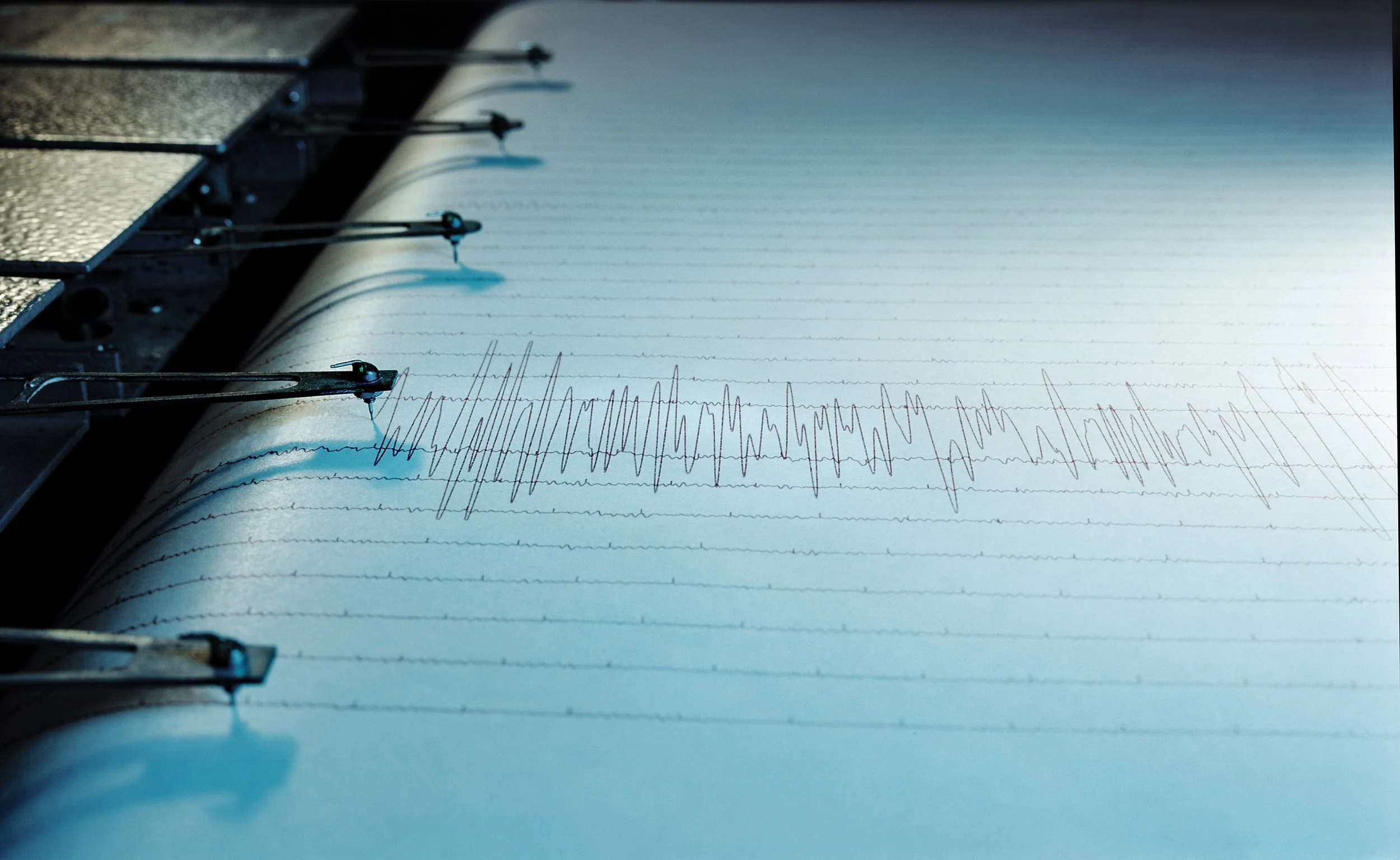The Truth About Polygraphs in Virginia Criminal Law
What to Know Before Taking a Polygraph
When most people hear the word “polygraph,” they immediately think of lie detectors, an intense, high-stakes test to prove guilt or innocence. But in reality, polygraphs aren’t as straightforward as television makes them seem. In Virginia, their use in criminal cases is heavily restricted, but that doesn’t mean they’re useless.
In fact, polygraphs can sometimes play a behind-the-scenes role in defense strategy. If you’re facing criminal charges, here’s what you should know about how and why polygraphs might come into play.
What Is a Polygraph Test, Really?
A polygraph measures physiological changes, like heart rate, blood pressure, respiration, and skin conductivity, while a person answers questions. The idea is that deceptive answers will cause detectable stress responses. However, despite its nickname, the “lie detector” test doesn’t truly detect lies. It detects stress, and interpreting that stress is where things get murky.
Because of that uncertainty, most courts, including those in Virginia, don’t allow polygraph results to be used as evidence during trial.
Are Polygraph Results Admissible in Virginia?
Under Virginia Code § 8.01-418.2, polygraph test results are generally not admissible in court. Even if a person passes a polygraph, the results typically can’t be presented to a judge or jury. There are very rare exceptions, such as when both the defense and prosecution agree ahead of time to admit the results, but these situations are unusual and risky for both sides.
So why would a defense attorney still use one?
Why Defense Attorneys Sometimes Use Polygraphs
While inadmissible in court, polygraphs can be helpful during the pretrial phase of a criminal case. Here are a few ways criminal defense attorneys in Virginia might use them:
1. Assessing Client Credibility
If a client insists they’re innocent, an attorney might suggest a private polygraph to help gauge the client’s credibility. This is never the sole factor in trial strategy, but it can give a defense team insight into how best to proceed.
2. Negotiating with Prosecutors
In cases where physical evidence is weak or testimony is disputed, such as sexual assault allegations or domestic violence charges, a passed polygraph might be shared with the prosecutor as part of informal plea negotiations. While not binding, it may influence a prosecutor’s assessment of the case’s strength.
3. Exploring Dismissal Opportunities
In rare cases, if a passed polygraph is compelling enough and the Commonwealth’s evidence is limited, the defense may use it to argue for a dismissal or reduction in charges. Though again, this is not typical.
4. Pressuring the Prosecution
A skilled defense attorney may challenge the prosecutor to agree to a mutually-selected, neutral polygraph examiner. If the Commonwealth refuses, it may suggest they lack confidence in their case.
Limitations and Controversy Around Polygraphs
Despite their occasional use, polygraphs remain controversial, and for good reason:
They’re not scientifically foolproof. Most experts agree that polygraphs are unreliable, and studies show accuracy rates vary widely, some suggesting as low as 60 to 70 percent.
Results can be influenced by nerves or anxiety. Even truthful people might "fail" due to stress or trauma, especially in high-pressure scenarios.
They can be manipulated. Some people train to beat the test using physical or psychological countermeasures, calling into question the overall validity.
They are not accepted by most courts. Even if you pass with flying colors, the result may have no legal impact without strategic presentation behind the scenes.
Are You Required to Take a Polygraph?
No, you are never required to take a polygraph during a criminal investigation or prosecution in Virginia. If law enforcement or a potential employer requests that you take one, it’s essential to speak with a lawyer first.
In fact, in many cases, especially in criminal matters, you should not agree to a polygraph without the advice of legal counsel. There is rarely any benefit to doing so unless it’s part of a carefully considered legal strategy.
What About Polygraphs in Employment or Probation?
Virginia law prohibits most employers from requiring polygraph tests as part of the hiring process, especially when those tests involve personal or sexual history. However, there are narrow exceptions for certain law enforcement and government jobs.
Some individuals on probation or parole may also face polygraph testing as part of their supervision conditions, particularly in sex offender treatment programs. These results are typically used by probation officers for internal monitoring, not criminal prosecution.
Final Thoughts: Should You Ever Take One?
Polygraphs can be useful tools in very specific situations, but they are not a magic solution, and they can carry serious risks. At Battlefield Law Group, PLLC, we’ve seen how polygraphs are used, and misused, in Virginia criminal defense cases. Whether they help or hurt you depends entirely on how they’re handled and the context in which they’re used.
If you’re facing criminal charges and someone suggests a polygraph, your first step should always be the same: talk to an experienced defense attorney before agreeing to anything.
Located in Manassas, Virginia, Battlefield Law Group represents clients across Prince William, Fairfax, Loudoun, Fauquier, Stafford, Culpeper, and beyond. If you have questions about your rights, or your defense strategy, we're here to help.

